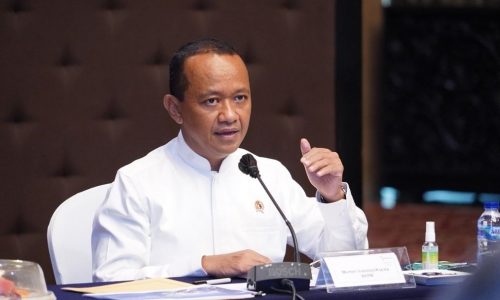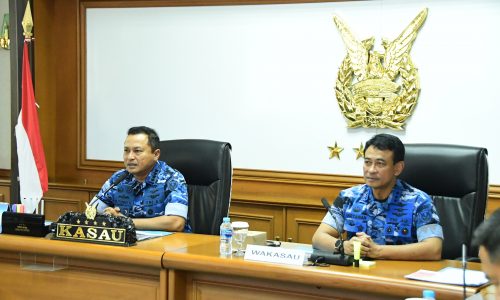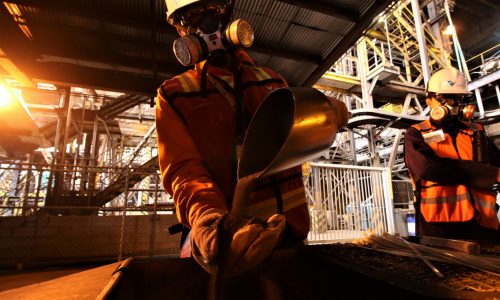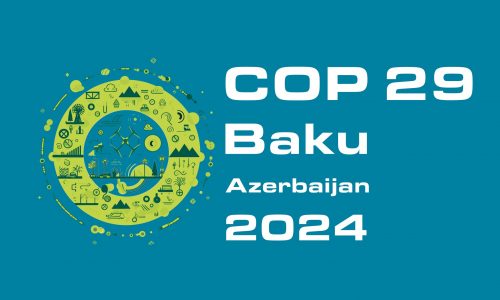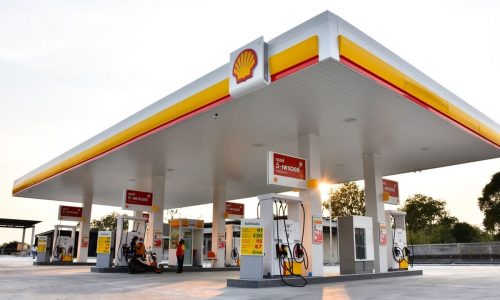The Indonesian Ministry of Investment is planning to transform the Food Estate in Merauke, South Papua, into an integrated sugar industry hub.
The project is designed to meet domestic sugar demand while also producing bioethanol, aligning with the nation’s vision of food and energy self-sufficiency.
Deputy for Investment Implementation Control at the Ministry of Investment, Edy Junaedi, revealed that the Merauke Food Estate is expected to produce 2 million tons of sugar and 200 million liters of bioethanol annually.
This will be achieved by utilizing molasses, a byproduct of sugar processing, as raw material for bioethanol production.
“We aim to establish an integrated sugar industry that supports President Prabowo Subianto’s vision of food and energy self-reliance,” Edy said during an Executive Meeting in Jakarta on Monday, November 18, 2024.
Developing the integrated sugar industry in Merauke requires substantial investment, estimated at Rp83 trillion (US$5.3 billion).
The government expects this investment to be realized progressively until 2029. Edy cited that several investors have expressed their interest in contributing to the project.
The initiative is part of a presidential directive under Presidential Decree No. 15/2024, appointing the Minister of Investment as head of the task force to accelerate sugar and bioethanol self-sufficiency in Merauke.
The task force’s responsibilities include facilitating suitable land allocation for sugarcane cultivation and providing necessary incentives for businesses to ensure the project’s success.
Minister of Agriculture Amran Sulaiman highlighted the importance of collaboration with state-owned enterprises (SOEs) and private entities to establish sugar factories in the region. Each factory is projected to cost between Rp2.5-3 trillion.
“We hope construction can start next year,” Amran said in May 2024, emphasizing that public-private partnerships are crucial to reducing government capital while boosting domestic sugar production.
He noted that similar collaborations have successfully resulted in 10 operational sugar factories, including Bombana in Southeast Sulawesi and other locations in South Sumatra and West Nusa Tenggara.



